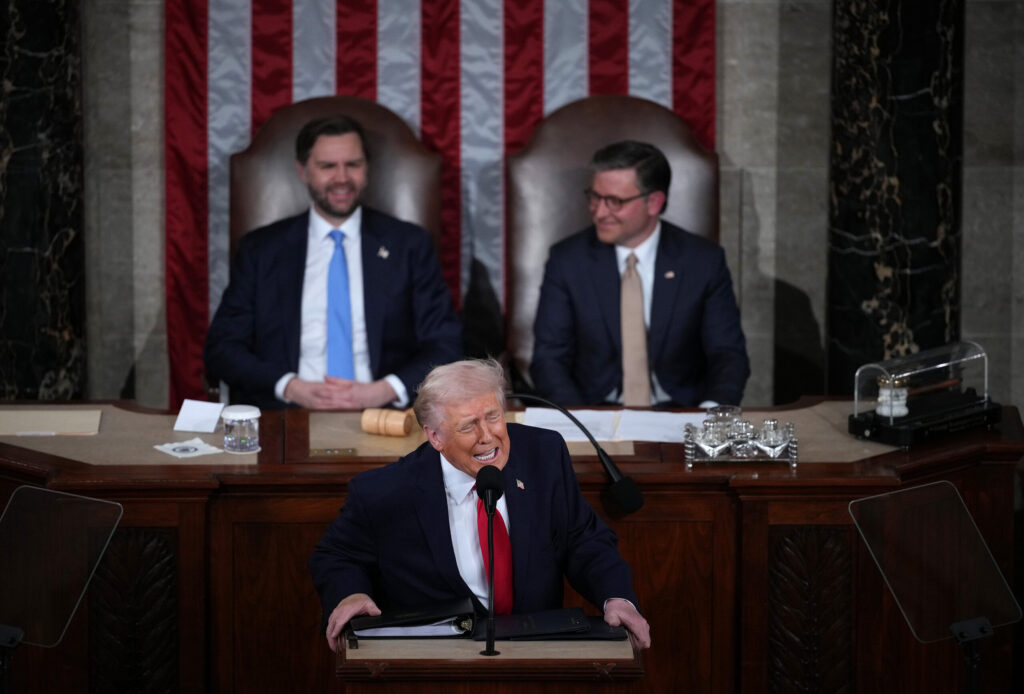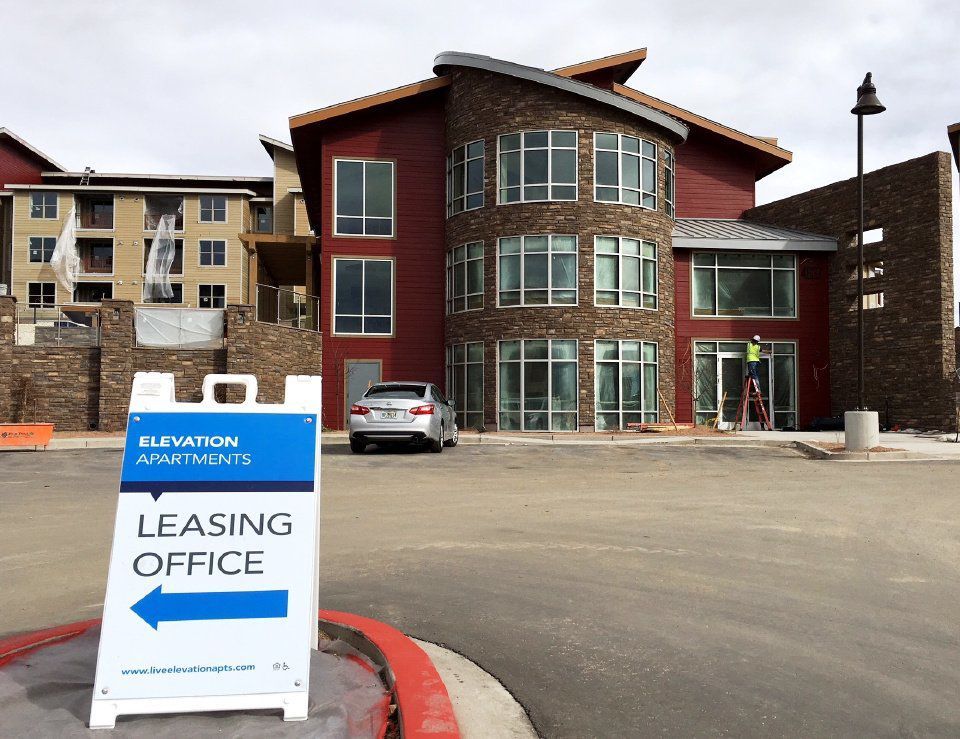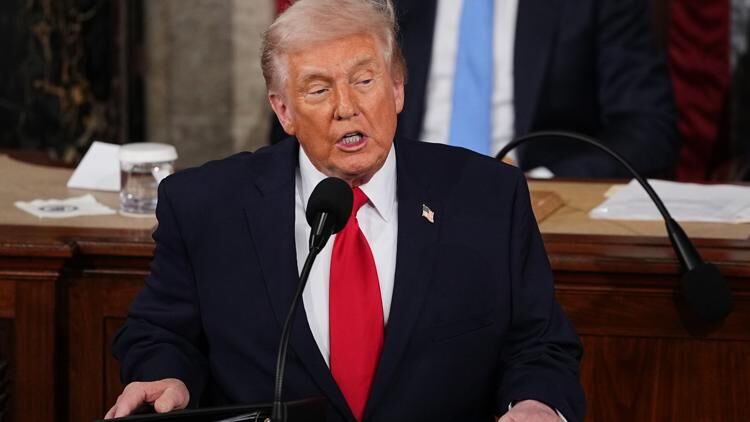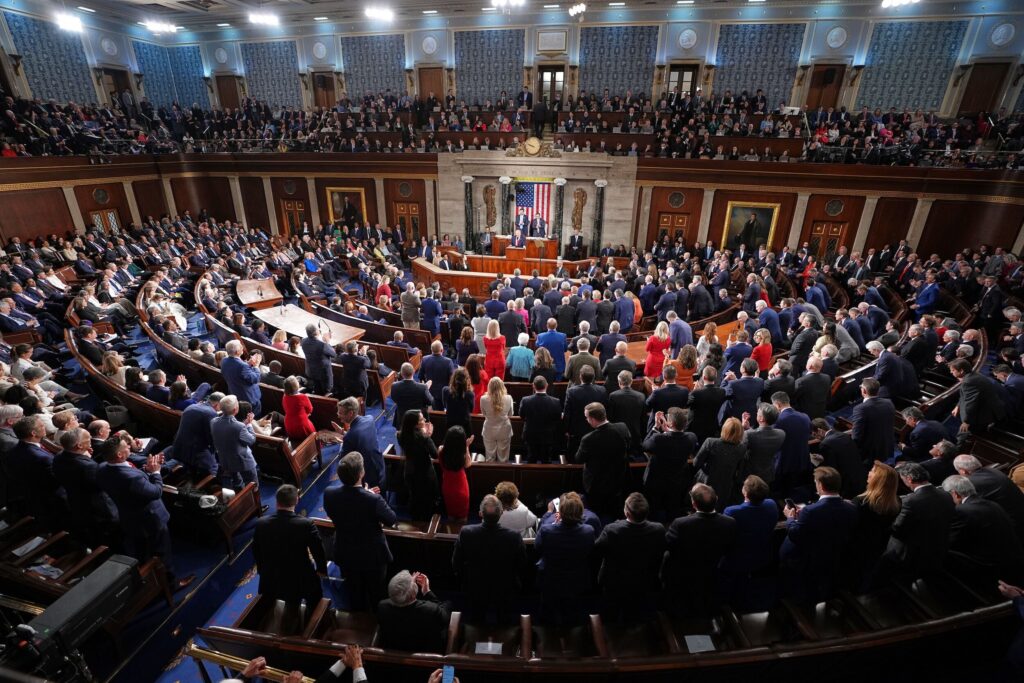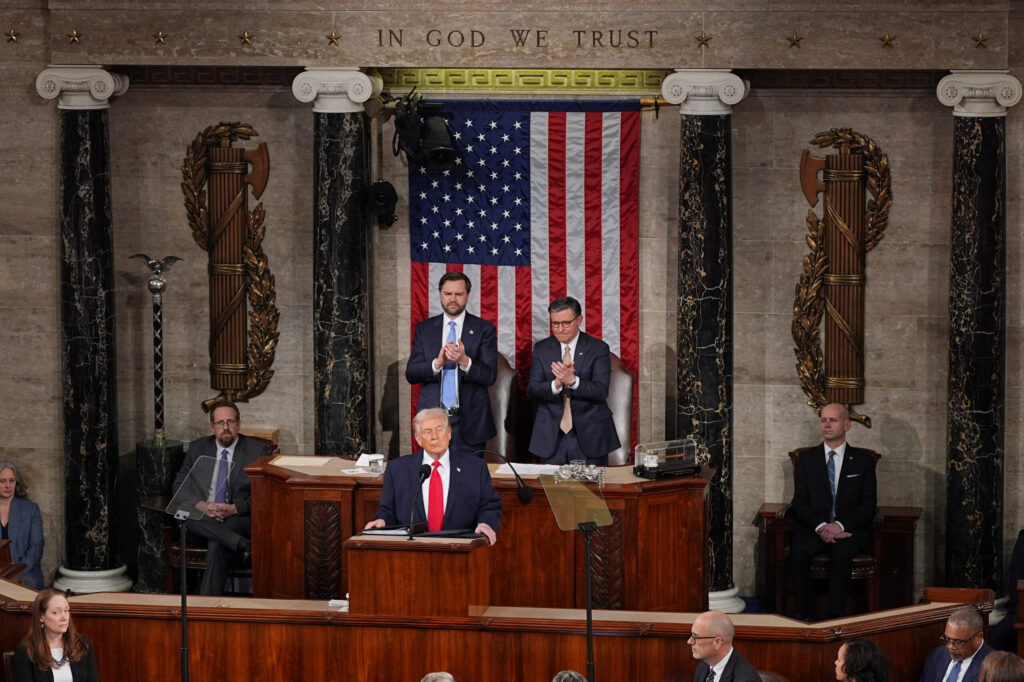How Colorado’s congressional delegation voted last week
Please note that there were no votes in Congress this week. The list of votes below were taken from last week’s roll call.
Motion to Invoke Cloture on Amdt. No. 1959
This was a vote in the Senate to end debate and move to a vote on the Trump-supported immigration plan, which would have provided a path to citizenship for the 1.8 million “Dreamers,” or immigrants brought to the United States illegally as children who meet certain criteria. The criteria include having entered the United States before they were 16 years old and continuously residing in the U.S. since June 15, 2007. In exchange, the amendment would have set aside $25 billion for a border wall, ended the diversity visa lottery and placed strict limits on legal immigration.
Failed to reach the required 60 votes.
H.R. 4979: To extend the Generalized System of Preferences and to make technical changes to the competitive need limitations provision of the program.
This was a vote to pass H.R. 4979 in the House.
The Generalized System of Preferences is a program to grant reduced tariffs to the least developed countries to help them compete with wealthier countries in the U.S. import and export market. It provides the underdeveloped countries with exemptions from World Trade Organization rules requiring all member countries to treat each others’ imports equally for tariffs. It also can be used to protect intellectual property rights against U.S. importers that make unauthorized use of U.S. patents and copyrights without paying for them. Reauthorization of the program was supported by the Trump administration, which sees it as a way to create more opportunities for U.S. markets. A companion reauthorization bill is pending in the Senate.
Passed.
Motion to Invoke Cloture on Amdt. No. 1958 As Modified
This was a vote in the Senate to end debate and move to a vote on the bipartisan immigration legislation supported by the Common Sense Coalition, a group of senators hoping to achieve a compromise on immigration reform. The legislation would have provided a path to citizenship for “Dreamers,” or immigrants brought to the United States illegally as children. However, it would have prohibited the parents of Dreamers from requesting legal status based on their children’s citizenship. In exchange, the bill would have appropriated $25 billion for increased border security.
Failed to reach the required 60 votes.
Motion to Invoke Cloture on Amdt. No. 1948
This was a vote in the Senate to add text from S. 87, the Stop Dangerous Sanctuary Cities Act, to Amendment 1959. The amendment would have prohibited sanctuary jurisdictions from receiving certain federal grants that help to pay for law enforcement. A sanctuary jurisdiction is a state, city or county that prohibits or restricts information-sharing with federal agencies about a person’s immigration status, or compliance with a detainer request or notification of release request. The Trump administration accuses sanctuary cities of illegally interfering with immigration policy and protecting potentially dangerous criminals. This amendment was intended to ensure state and local law law enforcement cooperate with federal immigration officials.
Failed to reach the required 60 votes.
Motion to Invoke Cloture on Amdt. No. 1955
This was a vote in the Senate to end debate and move to a vote on the bipartisan immigration legislation co-sponsored by Sens. John McCain (R-AZ) and Christopher Coons (D-DE). The bill would have created a path to citizenship for “Dreamers,” or immigrants brought to the United States illegally as children, in exchange for stricter border security measures. President Trump opposed the legislation because it would not have included any funding for a border wall.
Failed to reach the required 60 votes.
Sources: GovTrack and media reports.




